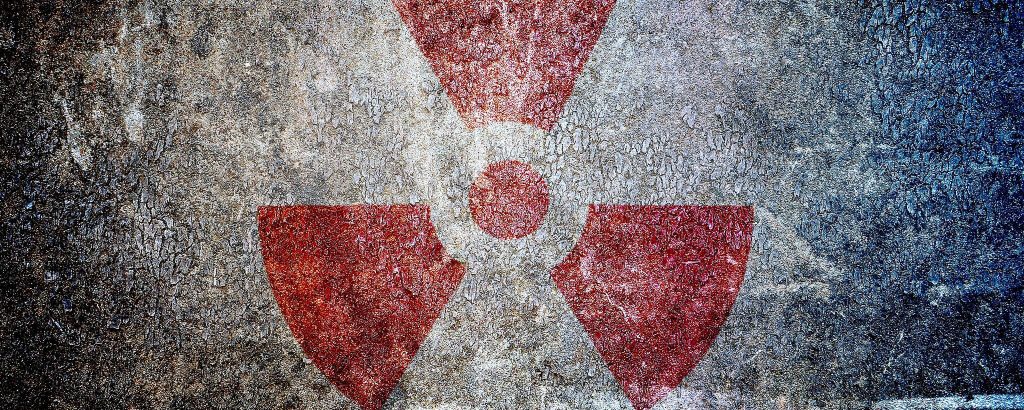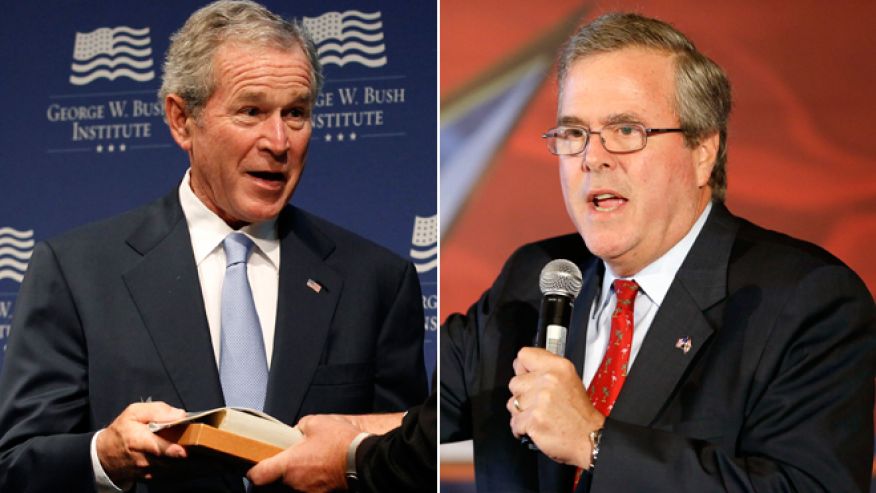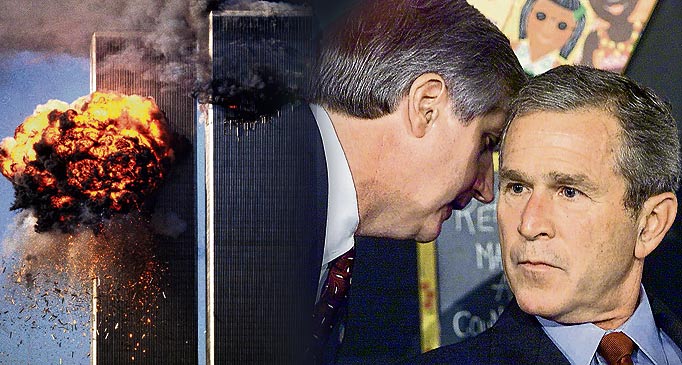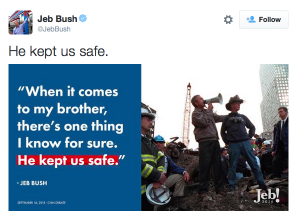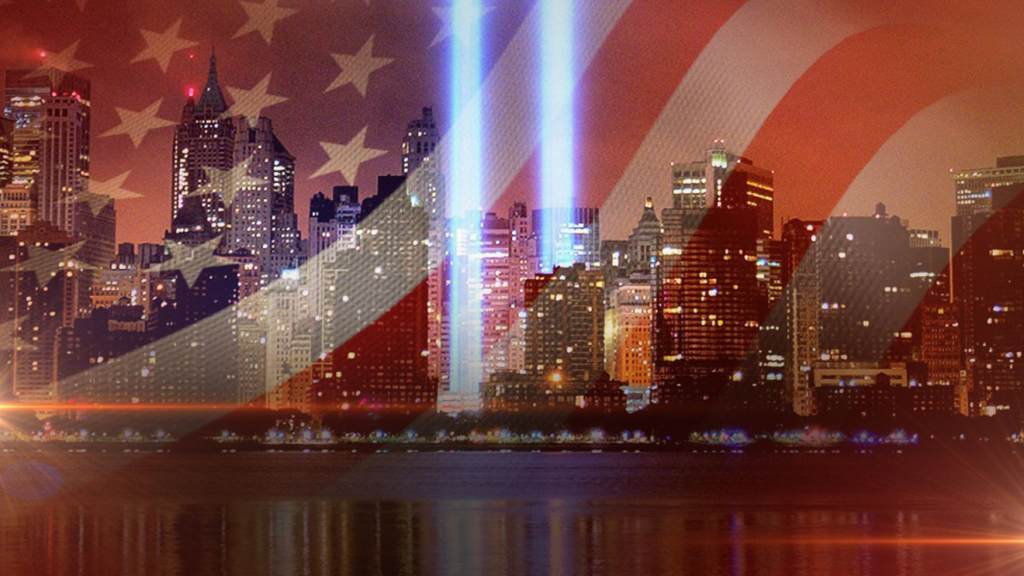
I am done with commemorations of 9/11. I have been done with them for a very long time.
I’m going to cut to the chase here. I have never felt an emotional response to the events of Sept. 11, 2001. Not on the day it happened. Nor on any of the increasingly fetishized, politically and emotionally manipulative annual commemorations that we inflict upon ourselves year after year.
For me these ritualized remembrances ring hollow. Our self-pitying refrain of “no one has suffered from terrorism the way we have” smacks of the most offensive kind of American exceptionalism. We claim from societies that have long suffered from terrorism the mantle of victim-in-chief. And I am tired of it.
I know this is a sentiment that is out of step with many. 9/11 and its commemoration does not resonate with me the way that it does for others. I have always, from the moment it happened, thought about it only in academic, analytical, terms. I can tell you exactly how I came to that point.
At 8:46 a.m. on Sept. 11, 2001, at the moment the first airliner hit the North Tower of the World Trade Center, I was sitting in my office at Clark University in Worcester, Mass., preparing to teach a class later that morning. There was an initial news report that suggested a small plane had accidentally crashed into the building, which I payed little attention to. I had no radio in my office, and when internet connectivity slowed markedly and then was lost altogether, I shrugged my shoulders and went about my work.
Then the phone rang. It was just after 10:30 a.m. and my wife, badly shaken and in tears, was calling to tell me that the towers had collapsed. And that I needed to get to a television.
I made my way to the student center, saw live images of the smoking heaps of rubble, learned that the South Tower had also been hit and fallen. And the Pentagon. And that a fourth plane had crashed in a field in Pennsylvania. And it was time to go to class.
My students were, of course, full of questions. Who could have done it? Why? Will there be more attacks? Having spent a fair portion of my time in graduate school studying terrorism, I had answers.
I asked my students to consider the meaning of the target selections, symbolic representations of American economic, military, and political power. I asked them to consider the methodology of the attacks, sophisticated, well-planned, and coordinated suicide operations. Given the combination of meaning and methodology on display, I told them that the most likely perpetrators were al Qaeda, the only organization I knew of that had demonstrated the necessary capability coupled with the determination to attack American interests. Follow-on attacks, I thought, were highly likely.
We took a moment or two to refocus and gather our thoughts, and then I taught my scheduled lesson on international economic development.
By the time I got home that night, my initial speculation had been confirmed, and that, thankfully, no secondary attacks had occurred. I also found that my wife was deeply, deeply affected. Because, unlike me, she watched everything, live, as it happened. She saw the second plane hit the South Tower. She watched people leaping to their deaths to escape the intense flames. She watched lines of cops and firefighters filing into the buildings in an effort to find and evacuate survivors. And she watched those towers collapse, obliterating their lives.
I saw none of it in real time. What I saw was how the attacks had succeeded beyond the wildest dreams of the plotters. I saw how the golden ring that every terrorist organization reaches for, unlimited attention to themselves and their cause, was delivered by the wall-to-wall media coverage the attacks generated. Every network. Every channel. MTV. Home Shopping. ESPN. Video of the planes hitting and the towers collapsing on an endless loop. Talking heads naming al Qaeda and Osama bin Laden and explaining to their audience why they would have the United States in their crosshairs. For days, and days, and days after.
This is my frame of reference for 9/11. This is how I talk about it with my students, who today are too young to have any memory of the day but who have grown up with its consequences. And what consequences.
The stoking of existential fear of terrorism by what scholar John Mueller has called “the terrorism industry” — security and defense contractors, media conglomerates, think tanks and research centers, pols and policymakers — which profits from that fear and leverages it to advance policy objectives the American public would otherwise never countenance. Like the creation of a surveillance state and erosion of our civil liberties at home. Like the abandonment of our core values and the embrace of torture and indefinite imprisonment of “enemy combatants” held without charge or trial. Like an open-ended authorization for two decades of American presidents to wage war anywhere on earth so long as they can draw a line, no matter how tenuous, to the events of 9/11 and those who carried out the attacks.
But wait, there’s more. Because 9/11 also unleashed suspicion and fear of our fellow Americans simply because of their Muslim faith. And with that fear and suspicion came discrimination, hate, and violence. That fear and suspicion led us to turn our backs on immigrants and refugees from majority Muslim countries. For many Americans, the words “Muslim” and “terrorist” became synonymous. Because of 9/11.
The celebrated unity of the first few days after 9/11 quickly gave way to division as the attacks were politicized and leveraged for partisan advantage by cynical and ambitious parties and politicians. To question the policy responses to 9/11, or to decry the discrimination and hatred directed against our Muslim neighbors, was to be unpatriotic, to undermine America, to side with and give comfort to our enemies.
We are not unique. Other countries have suffered far more from terrorism than we have. We have ignored, and continue to ignore the reality that 9/11 was the exception not the rule about terrorism in America. The rule about terrorism in America is 160 years of Americans turning their guns and bombs against fellow Americans in the name of causes deeply embedded in American culture, society, and politics.
Sept. 11, 2001 bestowed upon us no special virtue, no privileged claim of unique victimization that should have empowered us to lead a global war on terror which adversaries like China seized upon to justify genocidal campaigns against their own Muslim minorities.
And yet, in our arrogance, we did claim those things. And we did, and continue to do, all these things. And every September, on the 11th day of the month, we wrap ourselves in flags and ritually remind ourselves of our own pain and suffering while refusing to confront the consequences of our response.
That’s why I’m done with 9/11 commemoration.
